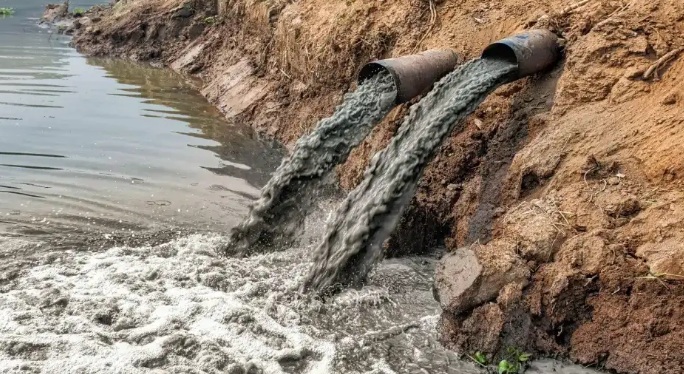The Institute for Sustainable Development emphasizes that water pollution in North Macedonia is a significant environmental and public health problem that requires immediate attention. The main sources of pollution include wastewater from urban and industrial areas, excessive use of pesticides and chemical fertilizers in agriculture, as well as uncontrolled waste dumps.
A particularly concerning phenomenon occurs during the autumn season, when heavy rainfall causes the mixing of contaminated water with drinking water systems. In some cities, residents report that tap water changes color as it flows through household pipes, increasing fear and concern for their health. The situation worsens in spring, when snowmelt and intense rains send large volumes of polluted water into the water supply network.
This pollution has direct consequences for public health. Gastrointestinal diseases, bacterial infections, as well as cases of hepatitis A and skin diseases, increase during periods of heavy rainfall. Children, the elderly, and individuals with weakened immune systems are the most vulnerable groups. Moreover, repeated exposure to chemicals and pathogenic microorganisms can lead to chronic diseases of the digestive tract and other organs.
The Institute for Sustainable Development stresses that addressing this issue requires clear measures: investments in modernizing water treatment infrastructure, continuous monitoring of water sources, raising public awareness and promoting sustainable agricultural practices. Additionally, it is essential to establish an effective national water protection policy and to foster cross-border cooperation with neighboring countries to prevent pollution.

Key Statistics and Data:
- The mortality rate attributable to unsafe water, inadequate sanitation, and lack of hygiene in North Macedonia was 0.10 per 100,000 inhabitants in 2016*. This figure in 2024 shows a slight positive trend, but still approaches a mortality rate of approximately 9,000–9,500 people per year.
- About 83% of the rural population has access to improved sanitation, compared to 99% in urban areas, highlighting the need for improvements in water supply and sewage infrastructure in rural areas.
As for a conclusion of our analysis, water pollution in North Macedonia is not only an environmental challenge but also a serious threat to public health and quality of life. Clean water is a fundamental human right and its protection should be an immediate national priority.
Useful link: https://unece.org/media/press/383872?utm_source.com
